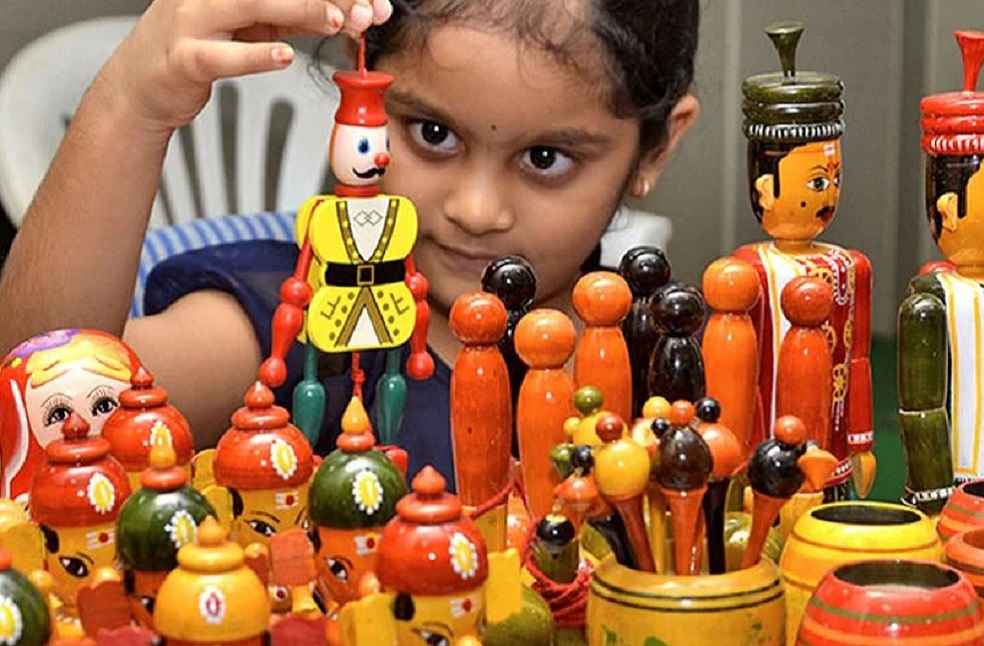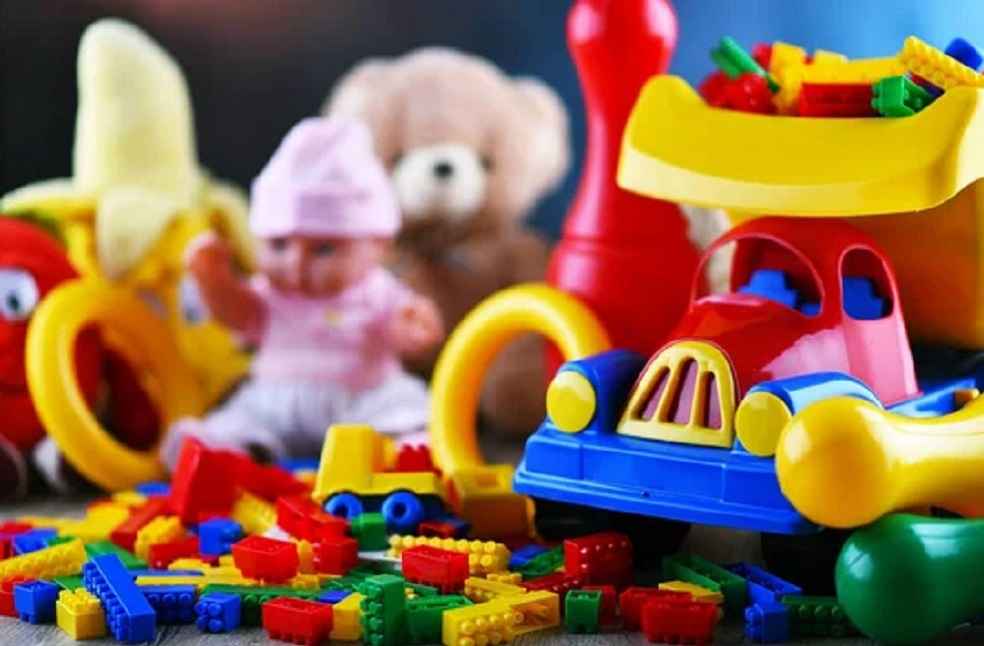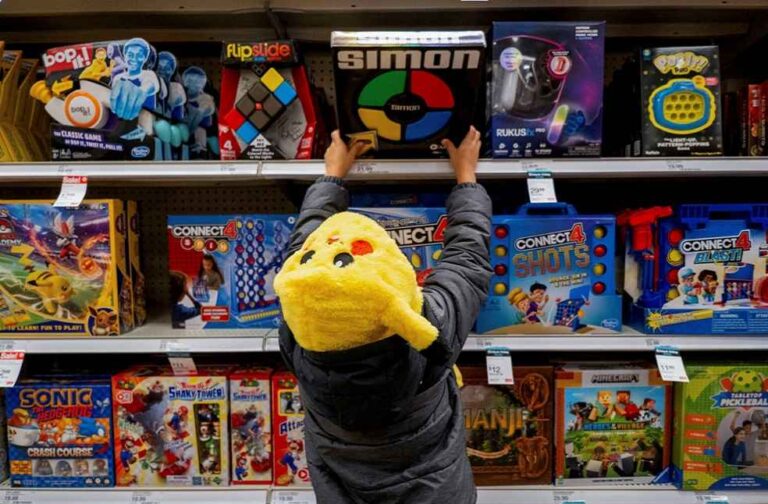Local toy makers in Bangladesh are pressing for lower import duties on critical components for toy manufacturing, aiming to bolster the sub-sector’s competitive edge on the global stage. Despite favorable conditions including duty-free market access, high-quality production capabilities, and low labor costs, the nation has yet to capture a significant portion of the international toy market, primarily due to insufficient policy support.
The Bangladesh Plastic Goods Manufacturers and Exporters Association (BPGMEA) emphasized the industry’s reliance on imported raw materials, with the domestic supply chain for toy components still underdeveloped. BPGMEA President Shamim Ahmed highlighted the strategic opportunity presented by shifts in global manufacturing trends. “With China moving towards high-tech industries because of its escalating labor costs, Bangladesh is well-positioned to solidify its presence in the global toy market,” Ahmed remarked. He advocated for the National Board of Revenue (NBR) to further reduce import duties on 24 additional items such as rubber and plastic sheets to 5%, building on prior duty reductions.

Industry leaders assert that such policy reforms could not only satisfy local demand more effectively but also potentially double the country’s toy export earnings and significantly boost employment. Strengthening the backward linkage accessories industry is seen as vital for this growth.
This push for reduced duties coincides with projections that the global toy market will grow to more than $110 billion by 2026, spurred by increasing household incomes and consumer spending power. Nonetheless, maintaining competitive standing globally demands strategic policy support, including the elimination of supplementary duties and VAT on local sales, alongside enhancing testing and certification processes, and cultivating skilled labor.

Recent data reflects a positive trend in toy exports from Bangladesh, with earnings rising from $15.23 million in FY 2016-17 to $44.52 million in FY 2021-22. Leading firms such as Bengal Plastic and RFL are now exporting diverse toy products, including tricycles and dolls, primarily to markets across Europe, Japan, and the United States.
With aspirations to replicate the success story of its garment industry, the toy sector offers a promising avenue for economic diversification and increased employment for women in manufacturing. With appropriate support, industry experts believe Bangladesh can transform its burgeoning toy industry into a formidable global competitor.
BUSINESS GENERAL | Boosting Trade: Saudi-Malaysia Launch New Economic Council



